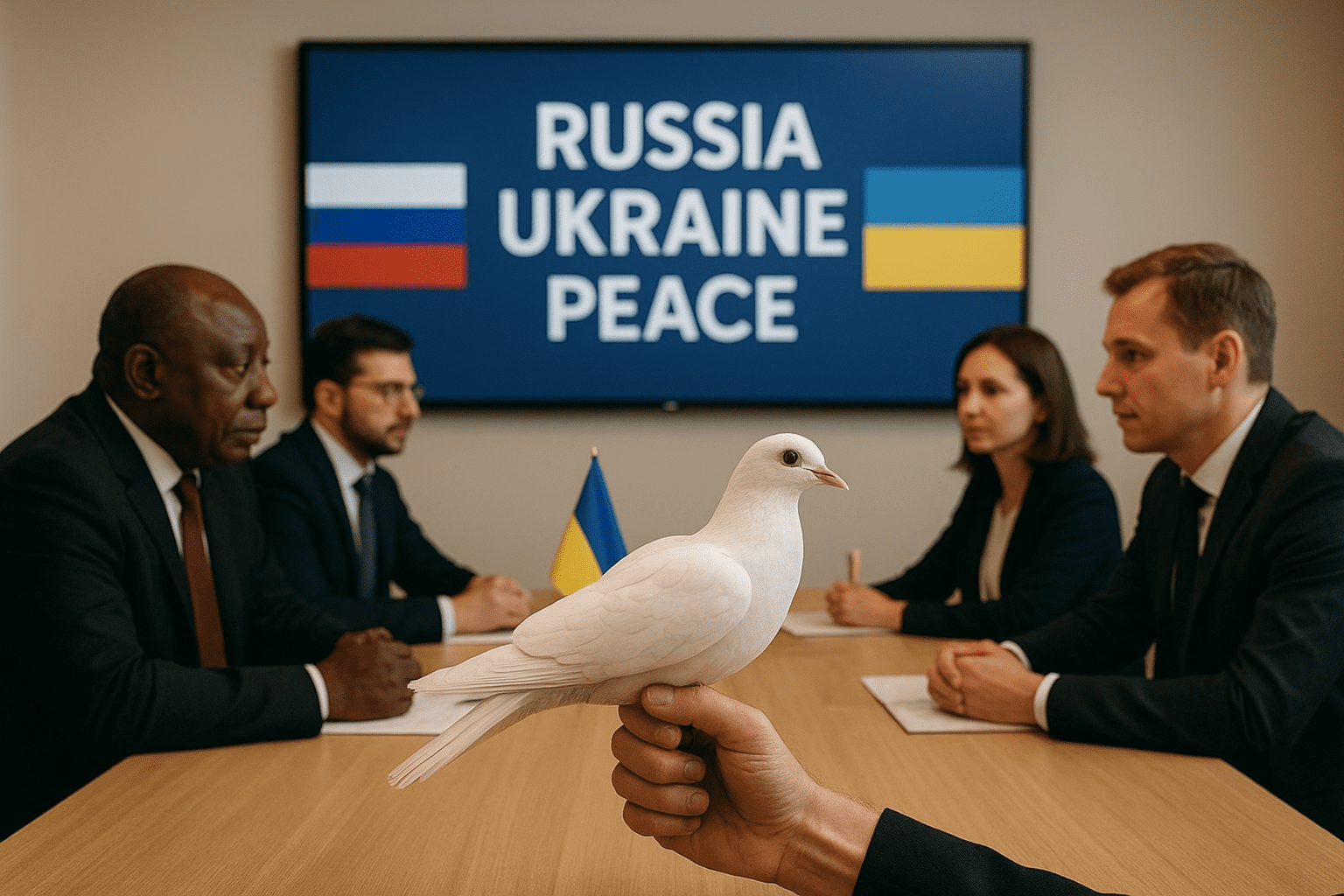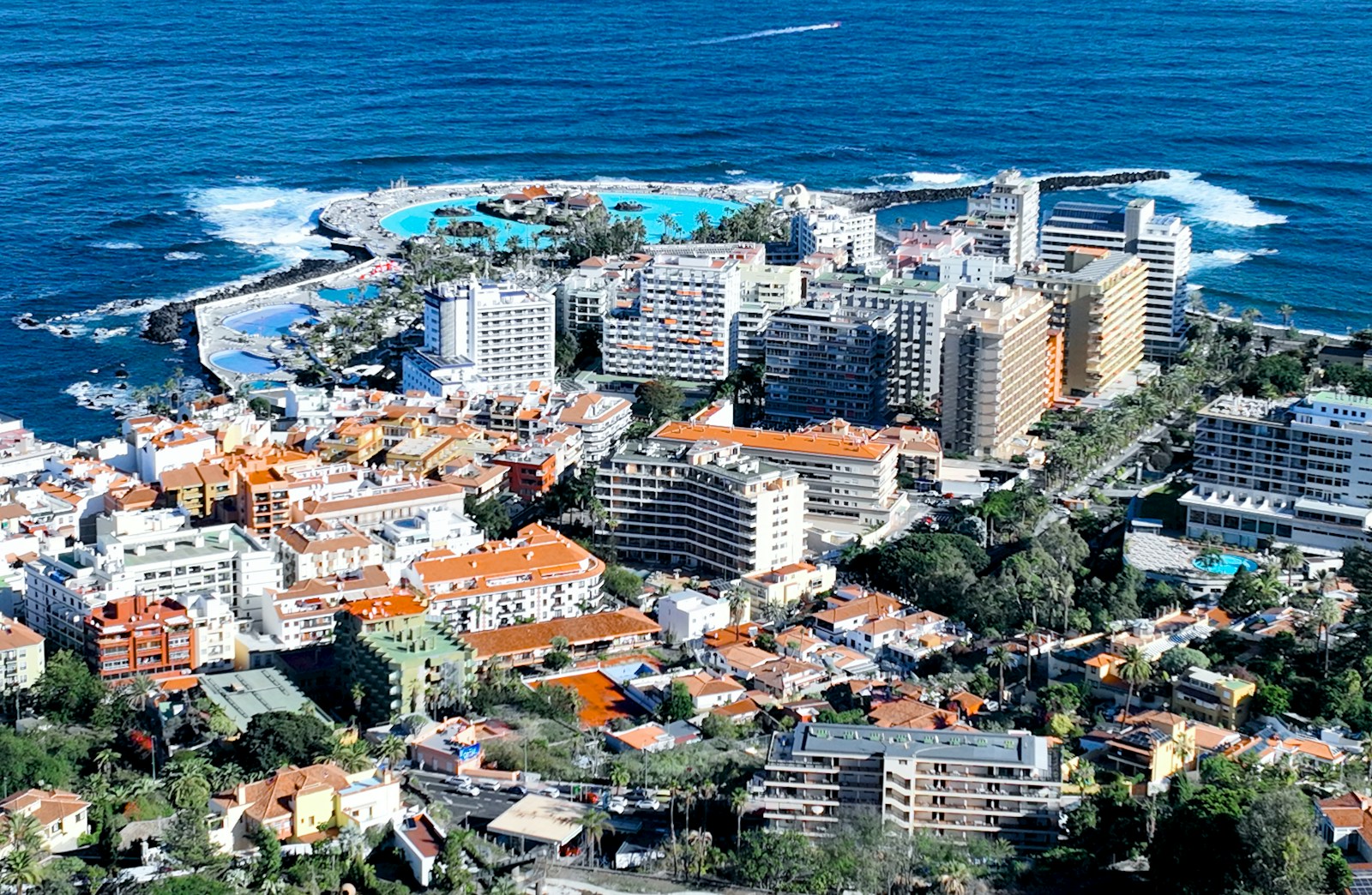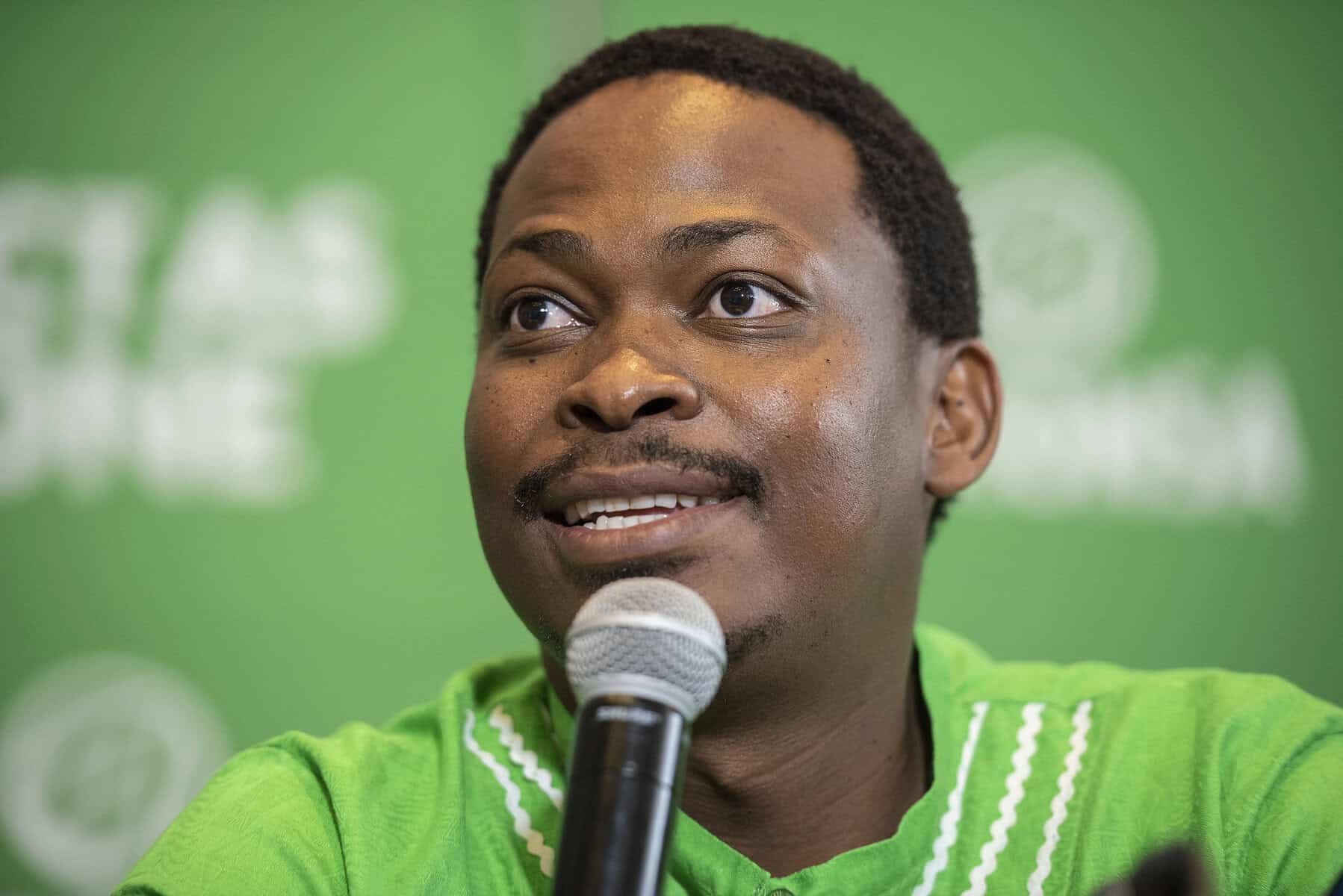Russia Ukraine Peace: 10 Powerful Signs of Global Support Backing Ramaphosa’s Mediation Efforts
The Russia Ukraine peace process has taken center stage in international diplomacy, with South African President Cyril Ramaphosa stepping up as an influential mediator. His recent discussions with Ukrainian President Volodymyr Zelenskyy and European leaders Emmanuel Macron of France and Alexandar Stubb of Finland demonstrate a collective determination to end one of the most devastating conflicts of the decade. These conversations highlight how diverse actors are uniting behind peace and diplomacy.
1. Ramaphosa’s Dialogue with Zelenskyy
In a pivotal call with Ukrainian President Volodymyr Zelenskyy, President Ramaphosa reaffirmed South Africa’s commitment to balanced mediation. Rather than taking sides, Ramaphosa’s approach aims to open channels for dialogue between Kyiv, Moscow, and international stakeholders. This direct engagement strengthens South Africa’s credibility in the Russia Ukraine peace process, showing that a neutral but determined voice can help bridge divides between nations in deep conflict.
2. European Leaders Welcome South Africa’s Role
France’s President Emmanuel Macron and Finland’s President Alexandar Stubb expressed appreciation for South Africa’s diplomatic involvement. Both leaders acknowledged Ramaphosa’s willingness to engage equally with Moscow and Kyiv, highlighting the importance of inclusive talks. Their support elevates South Africa’s standing as a respected voice in the global peace framework. This acknowledgment provides strong international legitimacy to South Africa’s mediation role in the Russia Ukraine peace initiative.
3. Consultations Beyond Europe
Ramaphosa’s involvement goes beyond European capitals. Previous meetings with President Vladimir Putin and other global leaders indicate South Africa’s commitment to building a truly international dialogue platform. The strategy highlights that Russia Ukraine peace cannot be achieved without engaging multiple actors across continents. South Africa’s role demonstrates that peace is a global priority, requiring efforts that combine regional and worldwide perspectives to reach a sustainable solution.
4. A Consensus for Peace
According to Presidency Spokesperson Vincent Magwenya, all European leaders consulted by Ramaphosa agreed that the war must end through peaceful means. Their unified stance represents a rare moment of alignment among countries often divided by political priorities. This consensus gives momentum to the Russia Ukraine peace process by proving that international unity is possible when the focus is on dialogue and human security rather than power politics or military escalation.
5. Strengthening South Africa’s Diplomatic Identity
By taking the lead in mediation, South Africa reaffirms its historical role as a peacebuilder. From its legacy of overcoming apartheid through negotiation to its leadership in African Union initiatives, the country is extending its diplomatic influence globally. The Russia Ukraine peace initiative provides South Africa with an opportunity to demonstrate that middle powers can play significant roles in shaping world events, creating balanced alternatives to dominant global narratives.
6. Challenges Facing Mediation
Despite growing support, mediation efforts remain complex. The conflict’s intensity, rooted in territorial disputes, security concerns, and geopolitical rivalries, poses challenges for any external facilitator. Ramaphosa’s team must navigate skepticism from both Russia and Ukraine while maintaining trust among international allies. Yet these difficulties also underscore the importance of persistent diplomacy, reminding the world that Russia Ukraine peace cannot be achieved overnight but requires long-term commitment.
7. Symbolic Support from the EU
The open recognition by European Union leaders signals a broader willingness to involve actors outside Europe in peace efforts. This symbolic support emphasizes inclusivity in the peace process, ensuring that negotiations reflect not only European concerns but also perspectives from the Global South. Such recognition is vital because it ensures that Russia Ukraine peace discussions are not limited to a narrow set of voices but represent humanity’s collective demand for an end to war.
8. Linking Global Peacebuilding Frameworks
Ramaphosa’s approach aligns with established international initiatives such as the UN Peacebuilding efforts. By connecting South Africa’s mediation to global frameworks, the Russia Ukraine peace initiative gains additional legitimacy. This connection ensures that the peace process benefits from lessons learned in past conflicts, reinforcing the principle that enduring peace requires cooperation, reconciliation, and sustained global commitment to diplomacy and security.
9. Domestic Relevance for South Africa
South Africa’s involvement in Russia Ukraine peace also resonates domestically. Citizens see the nation playing a responsible global role while reinforcing its own values of negotiation and justice. For policymakers, the initiative highlights how international mediation can inform local conflict resolution. Readers can explore more on South Africa’s role in peace efforts through our conflict resolution strategies page, which outlines approaches rooted in dialogue and reconciliation.
10. Looking Toward the Future
President Ramaphosa made it clear that these conversations are only the beginning. His promise to engage further with European and global leaders reflects a sustained commitment to ending hostilities. As international backing for Russia Ukraine peace grows, momentum is building toward a more inclusive dialogue. The future may hold significant progress if these efforts are maintained, showing that persistent diplomacy, not military escalation, is the path to lasting stability in Eastern Europe.
Meta Description: Russia Ukraine peace takes center stage as President Ramaphosa engages EU leaders, showing strong global support to end the war through dialogue and diplomacy.
Excerpt: Russia Ukraine peace gains momentum as Ramaphosa speaks with EU leaders, highlighting bold international efforts to end the conflict through talks.



